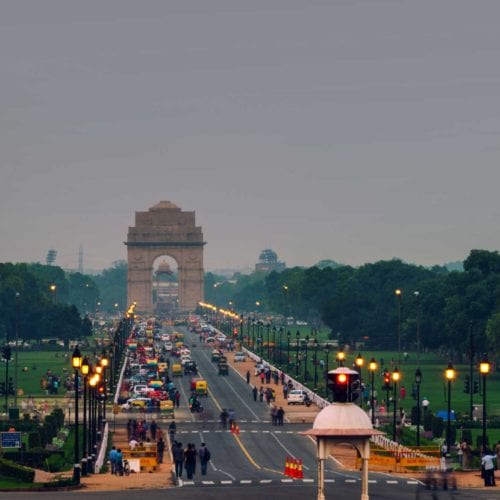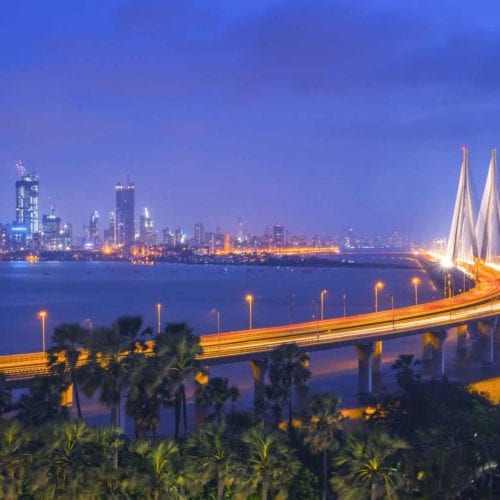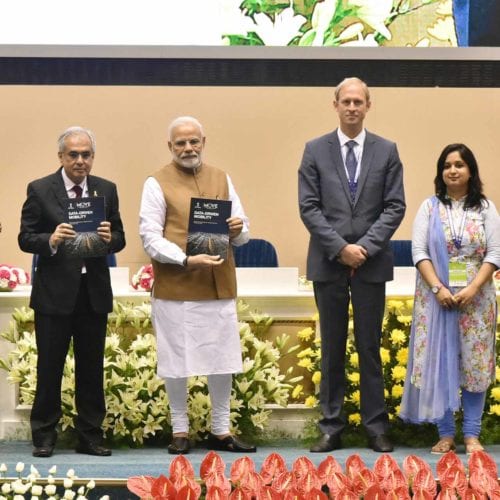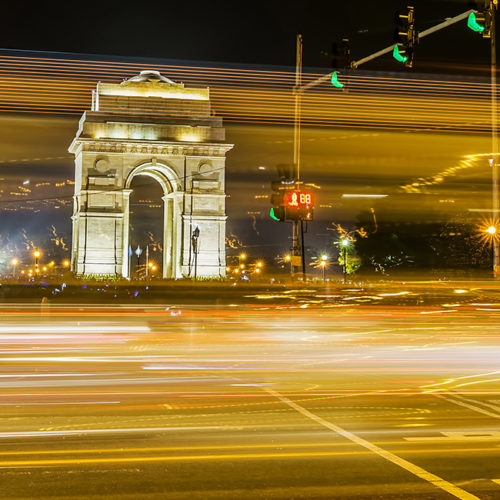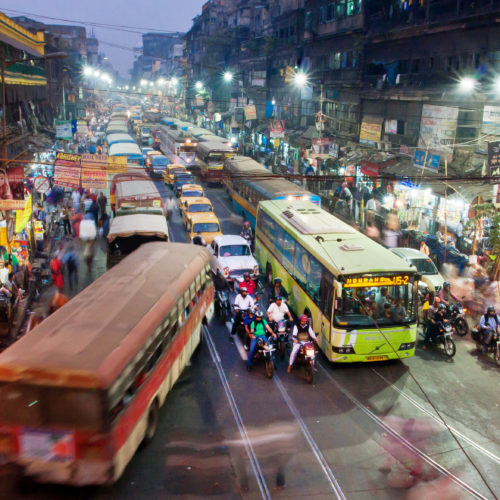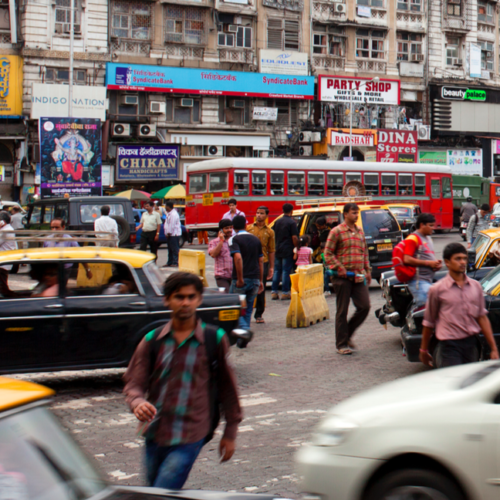2019
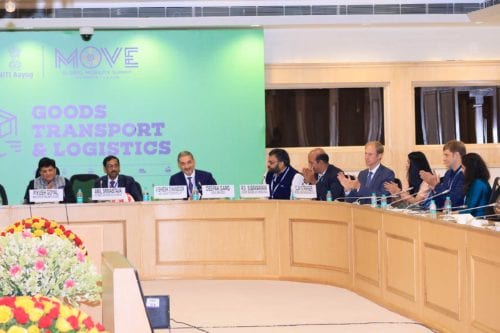
National Level Support on Mobility Solutions
India’s “leapfrog ” opportunity to create a shared, electric, and connected mobility future promises to provide Indians with clean, affordable, efficient, and reliable transportation options to support and enhance their daily lives.
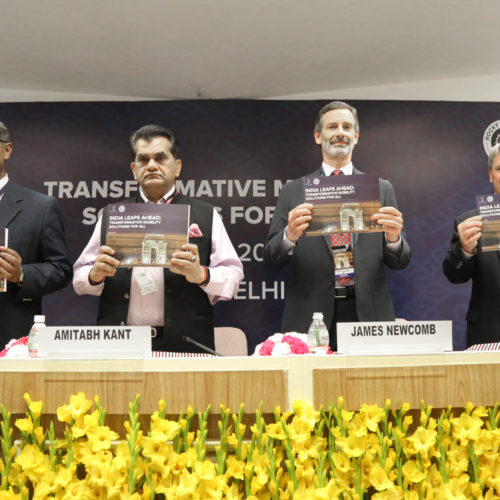
What Is Our National Level Support?
We are working with the national government to publish policy briefs and provide technical support on critical obstacles and opportunities in the mobility sector, targeting economic market segments through policy and business model innovation, and creating a platform for hosting ongoing multistakeholder discussions and supporting the deployment of whole-systems mobility solutions.
Main Bazar, Paharganj known for its concentration of hotels, lodges, restaurants, dhabas and a wide variety of shops catering to both domestic travellers and foreign tourists, especially backpackers and low-budget travellers.
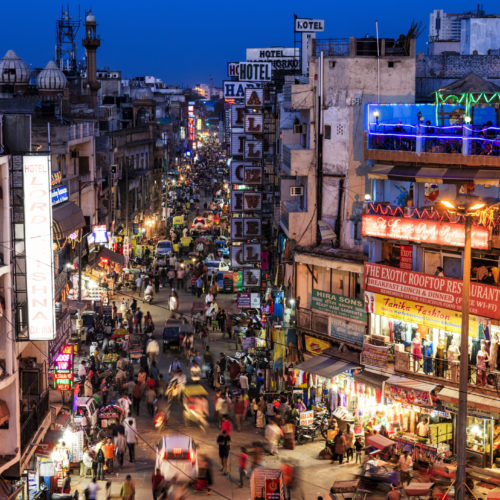
Why It Matters
This transformation could sharply reduce fossil-fuel costs and import dependency, cut hazardous air and carbon emissions, fuel domestic job creation and innovation, and support the growth of India’s economy. Our analysis shows that shifting to a shared, electric, and connected passenger mobility paradigm may avoid as much as 1 gigatonne of carbon dioxide emissions and US$330 billion in petrol/diesel costs between 2017 and 2030.
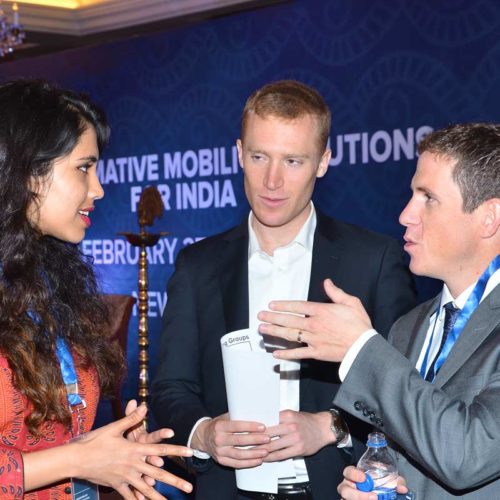
Who’s Involved
RMI is working closely with India’s premier national policy think tank, the National Institution for Transforming India (NITI Aayog), as well as other leading government and industry experts. Since April 2019, Rocky Mountain Institute and RMI India have been collaborating on various projects.
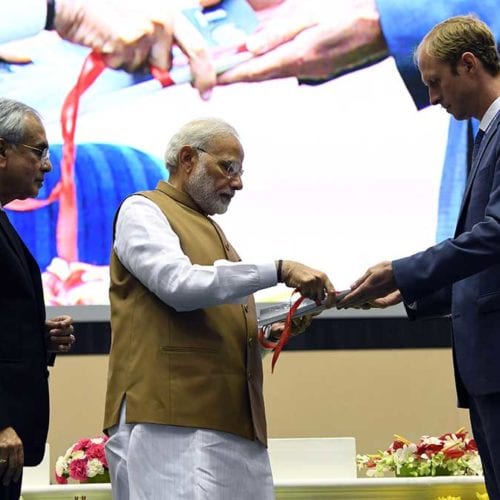
What We’re Doing
Mobility data: Data ubiquity and connectivity are key levers in realizing a shared, electric, and connected mobility system. We are exploring global best practices in data sharing and designing a set of guidelines for India to use in developing and implementing a set of the national standards for sharing mobility data.
Freight: Inefficient freight transportation is a major cause of air pollution, economic loss, and CO2 emissions. We are working with NITI Aayog to identify and implement pathways to improving the efficiency of goods transportation at national, regional, and urban levels.
Resources
2019
2018
2017
2017
2017
